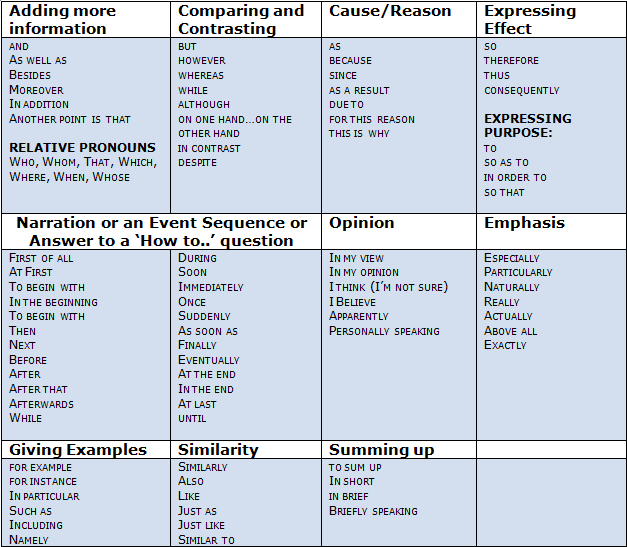The caption of this post may sound ‘okay’ (or passable at the least) to a novice in English, but there surely are some basic mistakes or Indianisms as some people often call them.
So, “What are the grammar mistakes YOU make?” or ‘Do you Know how good is your BASIC Grammar?”
You know them already, they are pretty basic and the same mistakes don’t come-up when you write. Great! To know the slippages you make with your Spoken English is your Milestone #2. You could start correcting them on your own or under the guidance of a Trainer, depends on your Learning Style.
On the other hand, if you really don’t know your mistakes but are ‘often misunderstood’ by others, have to repeat your sentences when speaking to native speakers of English -you may need to be told by a fluent speaker who knows his/her English.

Who would listen to your speech and pick-out the major mistakes that are connected with Grammar (or for IT people the syntax of the language). A any good trainer would almost always suggest measures to bring you back to the ‘basic rule book of spoken English’, whenever it is required. For a person, who is already speaking in English, it must start with identification of what are the problem areas and correcting the errors that can’t go with speaking the language with confidence & Ease.
Typical composition and usage problems I get in my conversation in English classes in INDIA:
I will call them limitations or lack of exposure to ‘right usage’ as they can be learned by speakers given the right environment to practice. The brain needs time to migrate from Hindi Grammar platform to composition and usage in Spoken English. How much time is enough depends on the intensity of your practice and knowing what’s going wrong. Read on for 7 most common grammar limitation faced by us as Indians.
- Inability to form a sentence’ with a ‘new’ word when the meaning is also known. You may have picked this new word from a Movie or while reading the newspaper; you noted it and went on to look for the exact meaning … but can’t compose a sentence.
- Not knowing usage of certain Phases that are part of everyday English for example: Is it ‘Suppose to’ or ‘Supposed to’?… click to read this interesting post with some most common mistakes when you Speak-up. 17 PHRASES YOU’RE PROBABLY SAYING WRONG.
- I am stuck with my Indian-isms as CNN Travel’s post points it out, read 10 classic Indian-isms: ‘Doing the needful’ and more in CNN Travel. It also gives some pointer on ‘How to fix grammatically in sane phrases found in common Indian English’.
- Improper or excessive usage of ‘some’ words where they don’t fit: – we cover them as filler words to avoid. At the same time, my students learn to use linking words in our Intermediate course ‘GET SELECTED’ – this makes them fluent and reasonably correct & confident speakers to clear communication rounds in an interview.
- Not knowing enough structures to form your sentences: the problem statement is all my sentences sound the same and its so boring for the lsitener that he/she switchs off like

We correct what is a absolute must and give you the solution to the problem if that is persistent. An essay on ‘My Cow’ when I am actually talking about ‘My Company’. Does this Sound familiar? Do you know how to form a question when you are making a request? Learn to make sentences in many different ways.
- Improper Application of tenses: I see ‘sentences made in present continuous or progressing tense when the speaker wants to convey a habit, routine or like/dislike or ‘I’m going’ when he/she is actually seeking a permission. This is biggest mistake people make; I also did the same as in ‘Are you knowing…’ the caption for this Post . And yes I deliberately did it! Did you notice it?
- Wrong usage of articles, pronouns, prepositions, conjunctions, interjections- I am sorry to sound like a grammar teacher or a Nerd. I not a Grammar Nazi or a Nerd (terms quite popular in the blogger’s world) but as a communication skills trainer, I can say that the basics of these have to be quite right (if not perfect) until you want to sound like a Newbie.
As long as you can understand Comics and relate with the humor its fine with me 🙂
In the end, I would like to thank Daniel D-Mello from CNN- Travel and Ms Sarah Brooks from ‘SHE KNOWS’ for helping me with this Post. Thanks! also to Peanuts one of my favorites.




